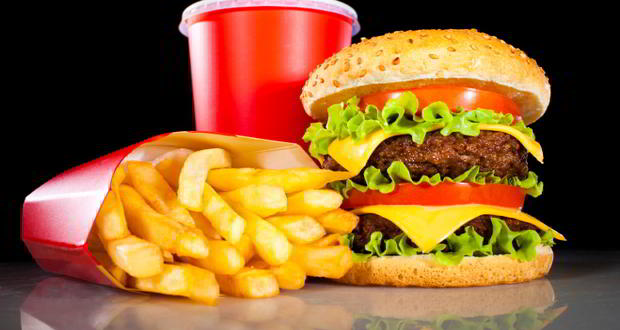The second group did things a little differently: For eight weeks before embarking on a weight-loss program, participants were asked not to lose weight. Instead, they learned to master a series of sensible weight-maintenance skills, such as tracking daily weight fluctuations and practicing a mindful approach to eating. The women were even asked to spend one week pretending they were on vacation, eating five high-calorie meals and then tweaking diet and exercise to maintain their current weight. (Check out our tips on not gaining like crazy when you're on vacation, too.)
“The focus was to get women away from the all-or-nothing attitude that surrounds dieting,” says lead study author Michaela Kiernan, PhD, senior research scientist at the Stanford Prevention Research Center. “The skills you need for long-term maintenance, day-to-day, are much different.” (And if you're a sucker for gimmick diets, slow down: You should read Do You Really Need a Detox Diet? first.)
And the data backs it up: After one year, women in the second group were significantly more successful at maintaining a healthy weight: They regained an average of three pounds, compared to seven pounds among women in the control group.
“Women often think they need to keep their weight at a single number on the scale, or record every item of food they eat,” she says. “Maintaining weight seems to require an attitude that accepts the body's natural variations, and can handle disruptions to routine.”
To curb your yo-yo cycle for good, Kiernan suggests you master these three skills:
Know your range. Spend a few weeks weighing yourself daily, to note how the number on the scale fluctuates. From there, “set a personal weight range of about five pounds, and monitor your weight with relaxed awareness,” she advises. Translation: Don't freak out when the needle moves a down—or up. Still need convincing? Check out What's Your Ideal Weight for the skinny.
Prep for disruptions. Vacations and holidays often mean less exercise and more indulgent cuisine. Prepare in advance by making subtle tweaks to get your weight “into the lower end of your range,” Kiernan says. “That way, you can enjoy the change in routine rather than worrying about it.”
Avoid food fear. Food journals or meal plans can be helpful during weight loss, but are rarely sustainable longterm, Kiernan says. Instead, work on heeding appetite cues and making “small adjustments” to compensate for indulgent treats. “Overall, this is about enjoying the day-to-day, rather than obsessing over it,” she says.




